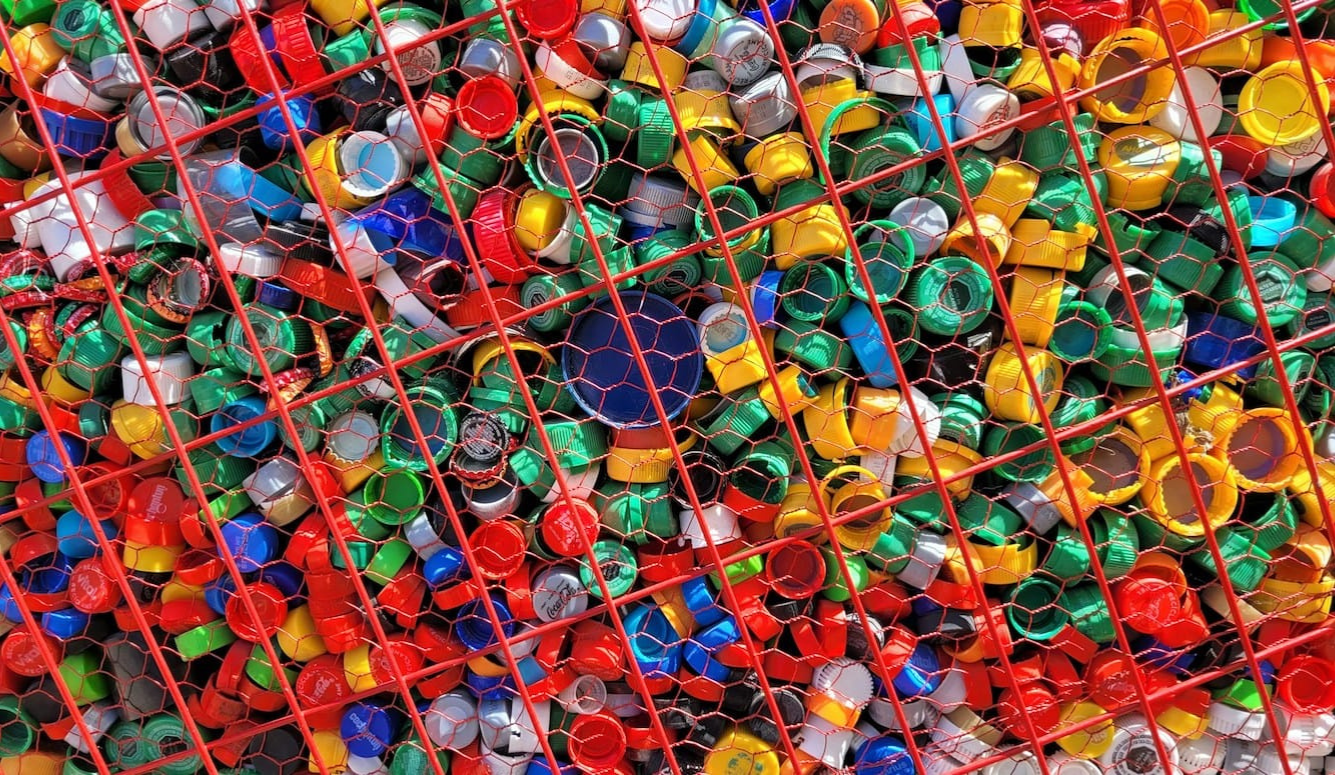Science / Tech
Recycling Plastic Is a Dangerous Waste of Time
The recycling industry—and the world at large—has yet to fully reckon with a bombshell study that dropped last year.

By now, you probably know that plastic recycling is a scam. If not, this white paper lays out the case in devastating detail. To summarise, amid calls to reduce plastic garbage in the 1970s and ’80s, the petrochemical industry put forth recycling as a red herring to create the appearance of a solution while it continued to make as much plastic as it pleased. Multiple paper trails indicate that industry leaders knew from the start that recycling could never work at scale. And indeed, it hasn’t. Only about nine percent of plastic worldwide gets recycled, and the US manages only about six percent.
As bad as this is, the situation might actually be much worse. According to an emerging field of study, the facilities that recycle plastic have been spewing massive amounts of toxins called microplastics into local waterways, soil, and air for decades. In other words, the very industry created to solve the plastic-waste problem has only succeeded in making it worse, possibly exponentially so. While the study that kicked off this new field received some press coverage when it appeared last year, the far-ranging import of its findings has yet to be fully integrated into environmental science. If the research is even close to accurate, and to date it has not been substantively challenged, the implications for waste management policies across the globe will be game-changing.
For a start, no one has fully documented the massive amounts of microplastics (MPs) at issue here. As I’ll demonstrate below, not only do plastic recyclers appear to be a major source of MP contamination, they may very well be the number one source of primary microplastic pollution on the entire planet. So, from an environmental perspective, recycling plastic could be doing far more harm than good. Even some environmentalists are coming around to this view.





